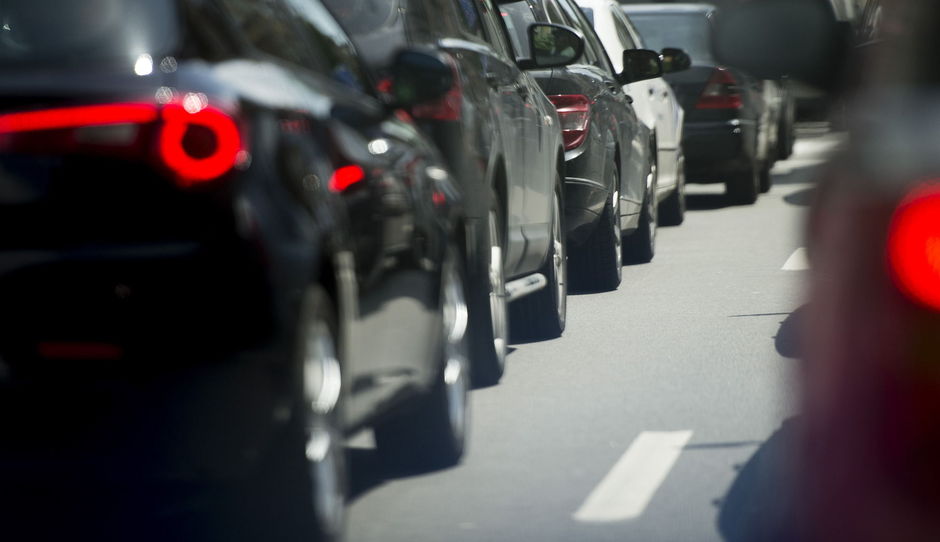Building "mobility hubs" just outside of urban areas could ease traffic congestion on Belgian roads and improve overall mobility, a new study by a prominent Belgian urbanist showed.
"Multimodal mobility hubs" where different types of transport solutions would be made available to commuters could drastically improve transportation efficiency in Belgium, according to reports of the study in De Standaard.
The hubs would present commuters with a series of urban transportation options, ranging from trains, cars and public transport vehicles to electric bikes and scooters.
The study was published by Alexander D'Hooghe, an urbanism researcher at the Massachusetts Institute of Technology (MIT) who took part in a large-scale redevelopment project of the Antwerp ring road.
Citing figures by the Organisation for Economic Co-operation and Development (OECD), the study says traffic jams cost Belgium between 1 to 2% of its GDP, a figure amounting to a minimum of €4.35 every year.
Up to 44 minutes per day in traffic jams
In Brussels and Antwerp, two of the Belgian cities the most affected by daily traffic jams, motorists lose, respectively, an average of 34 and 44 minutes each day while stuck in traffic jams.
The study lays out different concrete scenarios in which the mobility hubs would benefit people commuting into either city for work.
"Someone who has to travel from Leuven to the outskirts of Brussels could first travel by train to the airport and, from there, take a trambus to a local [hub] in the outskirts, and take an e-bike to work from there," one of the scenarios, reported in the outlet, say.
By rethinking its mobility strategy and investing in "the space between the urban centres and the outer suburbs" Belgium could "untangle" its mobility knot, D'Hooghe's study concludes.
"The way we live, work and move today is no longer efficiently coordinated," D'Hooghe said, adding that, the proposed hubs would also counter the dominance of the vehicle in non-urban areas.
Additionally, the study says the multimodal hubs could also be paired up with the construction of dedicated lanes for public transportation vehicles, adding that this solution would nevertheless require further research.
Gabriela Galindo
The Brussels Times

